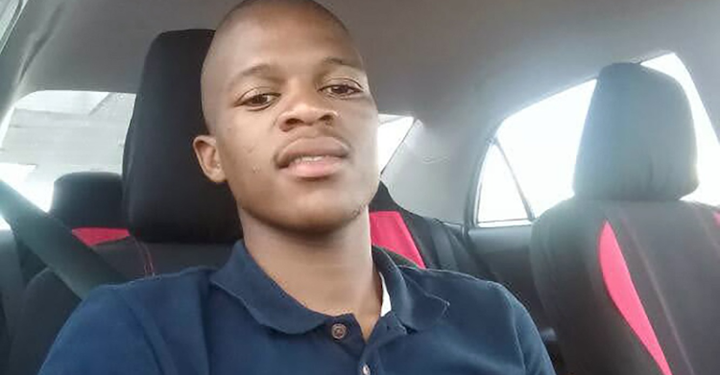It has been sixteen days since e-hailing driver Siyanda Mthokozisi Mvelase was brutally killed at Maponya Mall in Soweto, yet his family still cannot lay him to rest as they await the return of his remains from forensic authorities.
The 27-year-old, who had only been working as an e-hailing driver for three days, was shot and set alight in his vehicle on August 13th. His family, originally from KwaZulu-Natal, has been desperately seeking answers from police about both the investigation and the release of his body for burial.
“We were told that the results might be ready by Monday, but when we called the forensics, they told us to wait two more days,” said Mvelase’s aunt, Mpumi Nyoka. She explained that the young man’s mother remains in disbelief, unable to accept her son’s death without physical confirmation.
The tragedy occurred amid escalating violence between taxi operators and e-hailing drivers that has now spread to multiple regions. In KwaDabeka, Durban, two e-hailing drivers were shot on Wednesday, leading police to detain 15 individuals for questioning. Meanwhile, in Tembisa, Ekurhuleni, five taxi marshals were arrested for allegedly extorting motorists and forcing them to use taxis instead of private vehicles.
The tensions have culminated in a taxi shutdown across parts of Gauteng, leaving commuters stranded. The South African National Taxi Council (Santaco) claims the strike responds to what they describe as “selective and unfair law enforcement,” particularly regarding operating licenses for 10-seater vehicles.
Gauteng police confirm no arrests have been made in the Maponya Mall case, and investigations continue. Provincial transportation authorities maintain they are enforcing legal requirements for all operators, stating: “We are not going to allow illegal operations.”
As the Mvelase family waits for closure, their painful limbo reflects the human cost of an industry conflict that shows no signs of resolution, with commuters and drivers caught in the middle of increasingly violent confrontations.






















